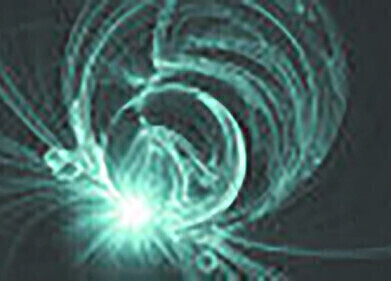LC-MS
Could Statins Benefit Breast Cancer Survivors?
Jun 29 2016
A recent paper — Cholesterol biosynthesis pathway as a novel mechanism of resistance to estrogen deprivation in estrogen receptor-positive breast cancer — suggests that cholesterol molecules produced in the absence of oestrogen could be causing a recurrence of breast cancer in patients who have already been affected by breast cancer.
Published as an open access paper in the journal Breast Cancer Research, the findings open the way for possible future treatments based on this pathway that could help prevent a recurrence of breast cancer in some women.
Oestrogen — hormone with many functions
The role of oestrogen in helping cancer cells to spread has been known for some time. Oestrogen is the name given to the main female sex hormones — although oestrogen also has important physiological roles in men. Oestrogen performs many functions in the body — structural, developmental and in mental health.
The action of oestrogen is regulated by a receptor found in our cells. The oestrogen receptor (ER — due to the US spelling of estrogen) binds to the oestrogen and controls gene expression. The oestrogen and ER complex can bind to DNA and activate the transcription of genes. It is the presence of ER in a cell that allows the oestrogen to function — and ER is expressed in specific cells including cells found in breast tissue.
Oestrogen receptor-positive breast cancer
There are several different types of breast cancer — and one type that affects women is known as oestrogen receptor-positive (ER+) breast cancer. This is a type of cancer whose growth is stimulated by the hormone oestrogen, and some women who suffer from breast cancer have more ER in their breast cells than normal breast cells and so they are particularly sensitive to oestrogen.
For people suffering from these types of cancer — one of the treatments is to use anti-hormone drugs. Although these treatments have been successful, in some ER+ patients the cancer can return — and the study aimed to find out why.
Cholesterol — the bad guy again
In the new study, the team found that ER+ breast cancers produce a molecule known as 25-HC made from cholesterol. 25-HC can mimic oestrogen and encourage breast cancer cells to start growing again.
In a press release one of the report’s authors Dr Martin stated:
‘During the course of treatment, ER-positive breast cancers that are ‘fed’ by oestrogen often become resistant to standard hormone therapy. Our research has demonstrated that these cancer cells can use a cholesterol molecule to mimic oestrogen so that they continue to grow without it.’
By testing for 25-HC, it is hoped that doctors could predict which patients are likely to develop resistance to hormone therapy — and statins could be used as part of any treatment for recurring breast cancer.
The study is only at the lab stage — so further clinical work is needed. Advances in proteomics require advanced chromatography solutions — a topic discussed in this recent article, Capillary Flow LC-MS Unites Sensitivity and Throughput.
Image from Wikimedia commons
Events
Apr 22 2025 Kintex, South Korea
Analytica Anacon India & IndiaLabExpo
Apr 23 2025 Mumbai, India
Apr 27 2025 Portland, OR, USA
May 11 2025 Vienna, Austria
May 18 2025 Tempe. AZ, USA












